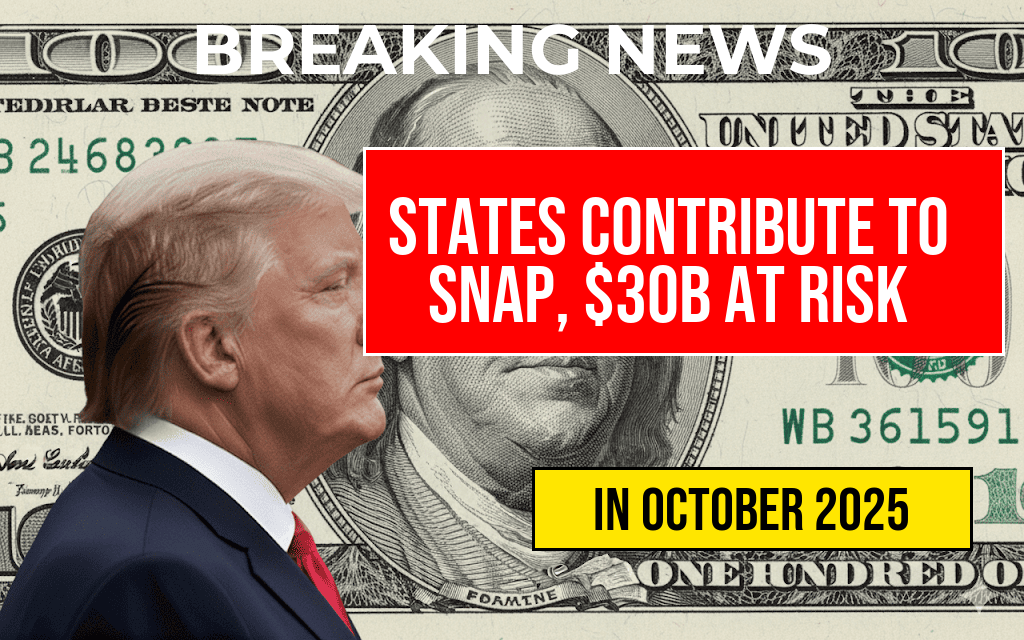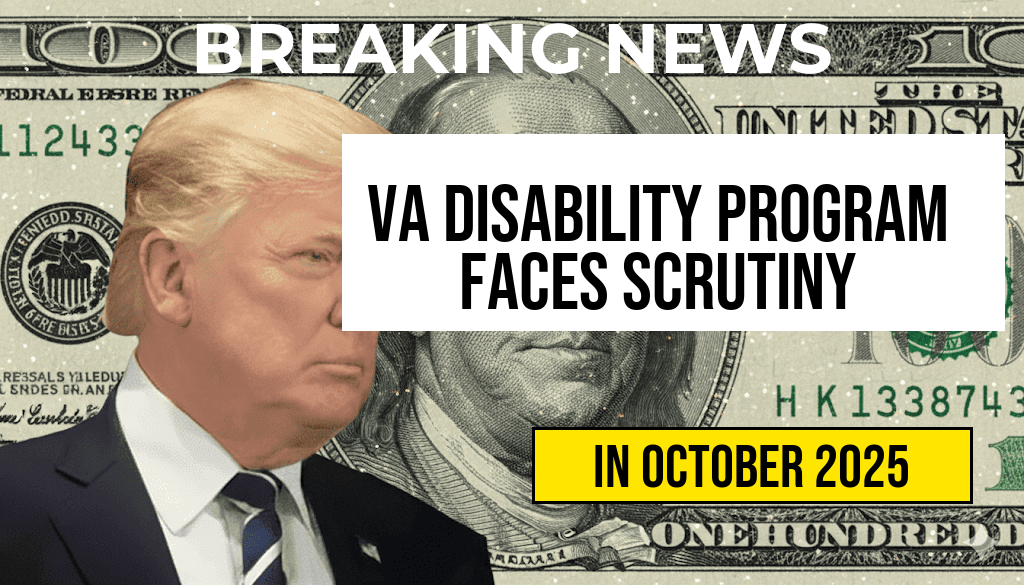In a contentious meeting last week, city council members faced a barrage of criticism from voters regarding the postponement of the tipped wage parity policy, which is now delayed until 2034. Advocates for fair wages expressed their discontent, arguing that the decision undermines the livelihoods of service industry workers who rely heavily on tips. The council’s decision to maintain the state-mandated minimum wage of $10, effective immediately, has left many questioning the implications for their paychecks. As the debate unfolds, both sides of the argument are grappling with the potential economic consequences and the moral responsibility to support workers in low-wage sectors.
Understanding Tipped Wage Parity
The concept of tipped wage parity refers to the equalization of wages for tipped workers with their non-tipped counterparts. Proponents argue that fair compensation should not depend on customer gratuities, which can be unpredictable and often insufficient. By delaying this policy, the council has sparked concerns about economic inequality and the sustainability of the service industry workforce.
Voter Reactions
- Many voters expressed frustration during the public comment period, emphasizing the struggles faced by tipped workers.
- Some council members reported receiving an influx of emails and phone calls urging them to reconsider the decision.
- Activists organized a protest outside the city hall, advocating for immediate implementation of the parity policy.
The Current Minimum Wage Landscape
The state minimum wage of $10 has been a point of contention among various stakeholders. For many workers in the service industry, this wage, combined with tips, is often inadequate to cover living expenses. A detailed analysis reveals that the current wage structure disproportionately affects women and minority workers, who make up a significant portion of the tipped workforce.
Comparative Wage Analysis
| Category | Minimum Wage | Average Wage with Tips |
|---|---|---|
| Non-Tipped Workers | $10 | $10 |
| Tipped Workers | $2.13 | $15-$30 (including tips) |
Economic Implications of the Delay
The decision to postpone the implementation of tipped wage parity until 2034 raises significant economic questions. Workers fear that the continued reliance on tips may lead to increased poverty levels among service employees, particularly in urban areas where living costs are higher. Furthermore, the disparity may lead to higher turnover rates as workers seek more stable employment opportunities elsewhere.
Potential Impact on Local Businesses
Local businesses are also weighing the implications of this wage structure. While some argue that maintaining a low minimum wage helps to keep prices down, others contend that fair wages could foster a more stable workforce, ultimately leading to better service and increased customer satisfaction. The council’s decision could have long-term effects on the viability of small businesses that depend on a well-compensated staff.
Looking Ahead
As the debate continues, the council has indicated that it will hold additional meetings to discuss the concerns raised by voters. Stakeholders from both sides are encouraged to participate in the dialogue to craft a solution that balances the needs of workers, businesses, and the local economy. With the next council meeting scheduled for next month, the pressure is on for council members to address these pressing issues head-on.
For more information on the implications of wage policies, you can visit Wikipedia and Forbes.
Frequently Asked Questions
What is the current status of the tipped wage parity in relation to the minimum wage?
The tipped wage parity has been delayed until 2034, meaning that restaurant workers will continue to rely on a lower wage supplemented by tips for the foreseeable future.
How does the $10 minimum wage impact the paychecks of workers?
The implementation of a $10 minimum wage affects workers by potentially increasing their base pay, but for those relying on tips, it may not significantly change their overall earnings until the tipped wage parity is fully realized.
Why are voters clashing with the council over this issue?
Voters are clashing with the council due to frustrations regarding the delayed timeline for tipped wage parity, as many feel that the council’s decision undermines fair pay for workers in the service industry.
What are the implications of delaying tipped wage parity?
Delaying tipped wage parity until 2034 means that workers will continue to face income instability and reliance on tips, which can lead to significant discrepancies in earnings among service employees.
How can workers advocate for change regarding minimum wage policies?
Workers can advocate for change by voicing their concerns to local representatives, participating in community meetings, and joining organizations that focus on fair wages and minimum wage reforms.












